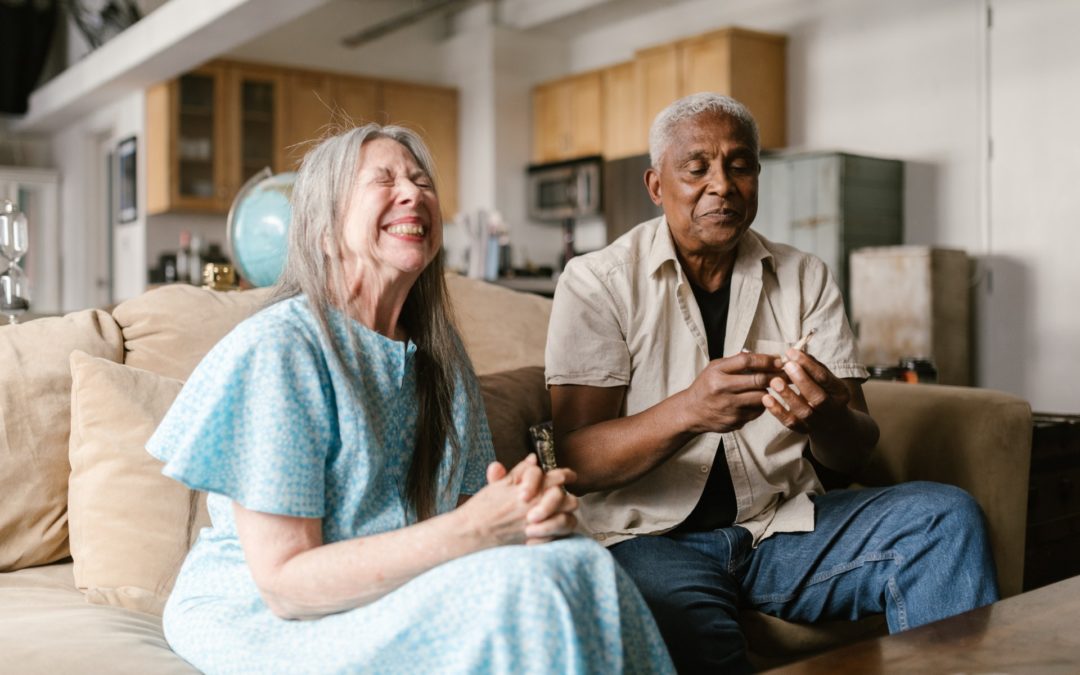As we navigate through the COVID pandemic, the importance of estate planning for all individuals is more clear than ever. For people with children, estate planning is usually pretty straightforward – leave everything to the children in equal shares. Sometimes there are issues with a child who is estranged, a child who has already received too much, or a child with a problem with substance abuse. But those issues can be addressed in keeping with an overall goal to pass assets down to the children and grandchildren.
For people without children, estate planning is not that straightforward. Sometimes there are nieces and nephews who are part of your life, and are the logical ones to name as beneficiaries. But if you are an only child, you don’t even have a niece or nephew.
There is no requirement to name a family member as your beneficiary. No one is entitled to receive an inheritance simply because of a blood relationship. If you don’t want to name nieces, nephews, siblings, or cousins as your beneficiaries, then don’t.
You might name good friends, charities, your alma mater, or a combination of these, as beneficiaries. If that’s how you decide to structure your plan, be sure to have a current address, phone number and email for each friend you’ve named, as well as the exact name and the address for each charity or educational institution. If you name a national charity, be clear whether you want the bequest to go to the national organization, or be used locally.
Your Will, Trust, or beneficiary designation for a retirement plan or life insurance should have a contingent beneficiary if a friend you’ve named does not survive you. The contingent beneficiary could be the friend’s children, or that bequest could simply be voided if the friend is deceased.
You should not delay creating an estate plan because you don’t have children. If you die without a plan, state law could require that your assets be distributed to distant family members who weren’t even a part of your life. Wouldn’t you prefer to benefit close friends, or charities you care about? If you’ve worked your whole life to build up an estate, it’s your right to decide who benefits after your gone.
Are you still wondering what is exactly right for you and your needs? Call the Estate Planning Law Group of Georgia at 770-822-2723 or contact us through our website.
Contact the Estate Planning Law Group of Georgia


Recent Comments